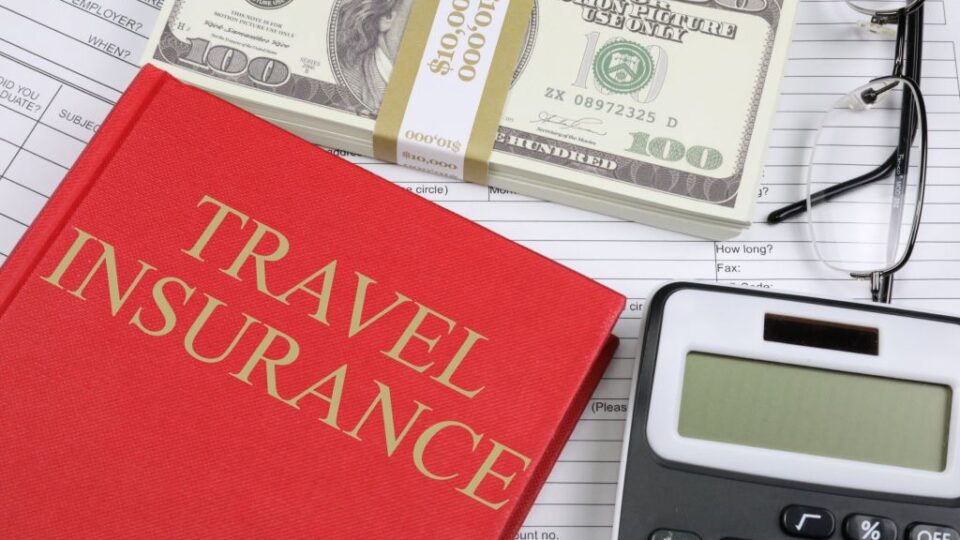Planning on a Last Minute Holiday Booking This Summer? Don’t Forget Insurance!
Evidence of exactly how COVID-19 has changed our habits over the past couple of years is emerging all the time.
With regards to travel, a recent survey has highlighted how many people are taking a radically different approach to planning and booking in the wake of the pandemic.
Prior to COVID, the average holidaymaker left themselves three months preparation time between booking a trip and setting off. But in a complete reversal, 42% of people say they will be leaving their bookings until as late as possible this year – even if they were the sort of person that liked to plan holidays well in advance before the pandemic.
The reason for this stark change in holiday booking habits is clear. Seven in 10 people are worried about catching COVID-19 prior to departure and not being able to travel. Another 43%, meanwhile, feel there’s a high chance of their trip being cancelled due to other factors, such as the staff absences that forced airlines like British Airways and EasyJet to cancel hundreds of flights over Easter.
So the sentiment is easy to understand – what’s the point in going to all that effort planning a holiday months in advance if there’s a high risk of it never happening anyway? Sure, leaving everything to the last minute means you’ll have a mad rush on getting ready. But if you are certain you’ll actually be able to go, it’s worth the extra effort.
Plus, let’s not forget that most of us are facing a big squeeze on our finances this year as inflation for energy, fuel and food continues to soar. When you’re facing a cost of living crisis, the last thing you can afford is to take financial risks paying for holidays that end up getting cancelled.
Pitfalls of booking last minute
Yet leaving things until the last minute is not without its risks, either. While there has long been the stereotype of budget-happy holidaymakers waiting on last-minute bargains as travel firms sell off unused air tickets and hotel spaces, there’s no guarantee you’ll find a great deal. It’s a real role of the dice, as sometimes prices can be much higher the later you leave it to book, especially at peak times of the year.
Another risk is that, the less time you have to plan and prepare, the more likely you are to forget something. While travellers are understandably prioritising things like proof of vaccination and COVID recovery certificates that they need to get into most countries, there are fears other essential documents could be overlooked.
During the course of the pandemic, there’s been a sharp rise in the number of holiday insurance policies being sold. While previously many people took a take-it-or-leave-it attitude to travel insurance, as COVID-related disruption started to hit holiday plans, holidaymakers recognised it offered them the most secure protection for claiming their money back in the event of cancellations.
The worry is that, if large numbers of people leave their travel plans right to the last minute, they will slip back into bad habits around holiday insurance. With plenty else to do before your departure date arrives, buying insurance is one of those easily forgotten tasks.
Why holiday insurance is essential
However, if the risk of a last-minute cancellation is a genuine concern, not buying travel insurance is about the worst thing you could do. COVID-19 is no respecter of schedules. Even if you book a holiday just a few days before you are due to depart, having watched the travel news carefully and confident you won’t run into trouble, there’s still time for one of your party to catch the virus.
You may have to take mandatory COVID tests as a condition of entry to your chosen destination. A positive result ends your holiday before it has begun. What is more, as most COVID tests for travel have to be taken within 72 hours or less of departure, you are likely to miss any cancellation window offered by your travel agent or airline.
That means you won’t be entitled to a refund or rebooking. Without holiday insurance, you won’t have any other recourse to claiming your money back.
And that’s without even considering what would happen if you fall ill abroad and need medical treatment, which you would have to pay for. Or if you had to extend your stay and rebook flights because you were forced to isolate with COVID.
So yes, there is a lot of sense in delaying travel plans until closer to when you want to go away, so you can be more certain that your holiday will actually go ahead. But not at the expense of holiday insurance. If avoiding financial risks with your holiday is a high concern, travel insurance should be the first thing you sort out after you book.
